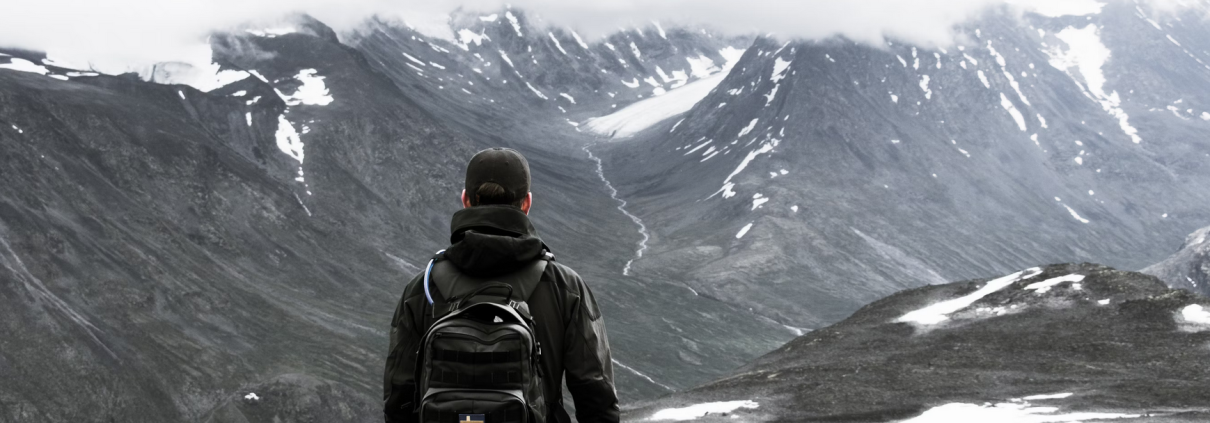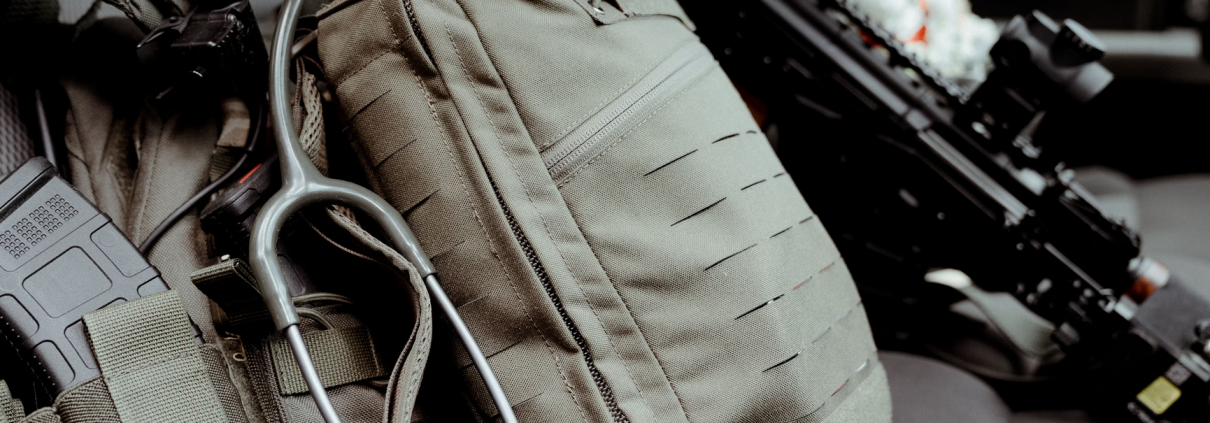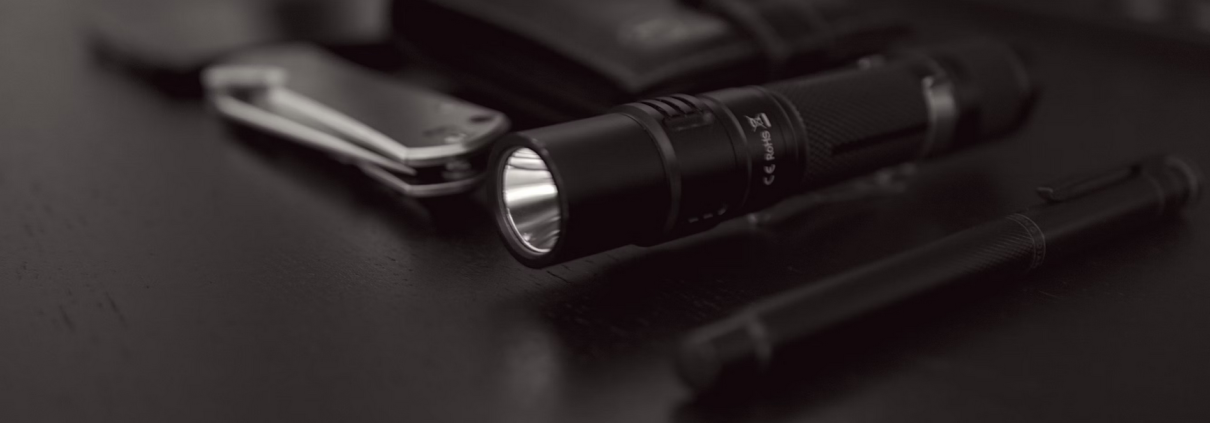Getting Started with Prepping: Essential Tips for Beginners
Welcome to the world of prepping! Whether you’re preparing for natural disasters, power outages, or other emergencies, taking the first steps toward preparedness is a crucial investment in your safety and well-being. As a survival expert passionate about bushcraft and survival, I’m here to guide you through the essentials of prepping, even on a budget. Let’s dive in!
1. Assess Your Risks: Start by evaluating the potential risks and hazards specific to your location and circumstances. Consider factors such as weather patterns, geological risks, and societal vulnerabilities to determine the types of emergencies you may encounter.
2. Build a Budget-Friendly Kit: Begin with the basics by assembling a budget-friendly emergency kit. Stock up on non-perishable food items such as canned goods, dry pasta, rice, and beans. Invest in a few reliable flashlights and a supply of batteries to keep them powered. Don’t forget emergency candles, warm blankets, and basic medical supplies like bandages and pain relievers.
3. Prioritize Essential Items: Focus on acquiring items that serve multiple purposes and are versatile in various emergency scenarios. Look for items like multi-tools, duct tape, and tarps that can be used for a wide range of tasks.
4. Educate Yourself: Take the time to educate yourself on basic survival skills and emergency preparedness techniques. Learn how to start a fire, build a shelter, administer first aid, and navigate using a compass and map. Knowledge is one of the most valuable assets in a survival situation.
5. Practice Makes Perfect: Put your prepping skills to the test by practicing drills and scenarios with your emergency kit. Practice setting up your shelter, starting a fire, and administering first aid. Conduct regular inventory checks and rotate food supplies to ensure freshness.
6. Stay Informed and Evolve: Stay informed about current events, emerging threats, and new developments in the world of prepping. Be open to evolving your preparedness plans and adapting to changing circumstances. Join online forums, attend workshops, and connect with local prepper groups to stay connected and informed.
Ready to take your preparedness to the next level and connect with like-minded individuals passionate about bushcraft and survival? Join our free community today! Gain access to valuable resources, expert advice, and a supportive network of fellow preppers.
Conclusion:
With these essential tips, you’re well on your way to becoming a confident and capable prepper. By taking proactive steps to prepare for emergencies, you’re not only ensuring your safety and security but also empowering yourself to face whatever challenges may come your way with confidence and resilience.




